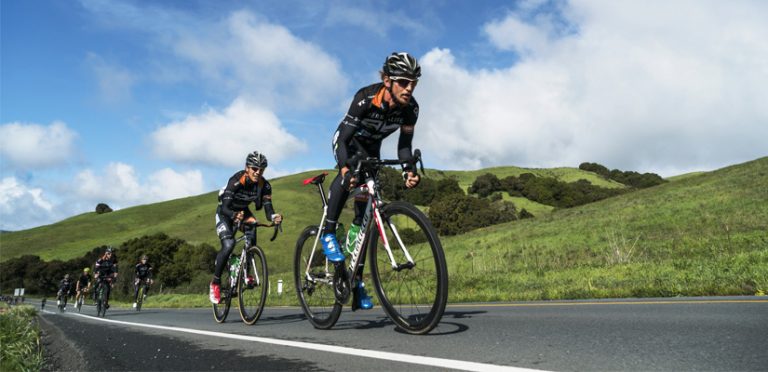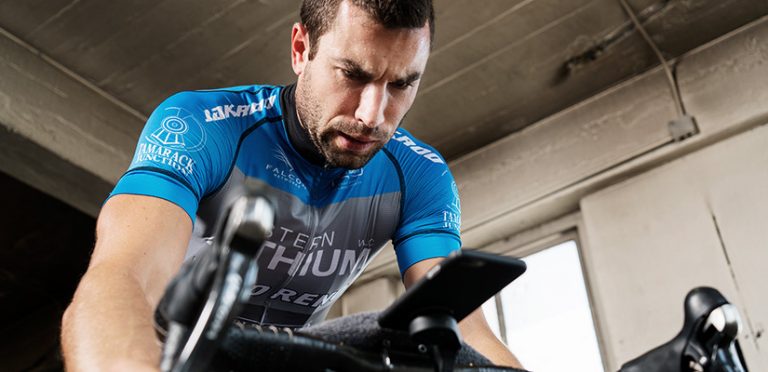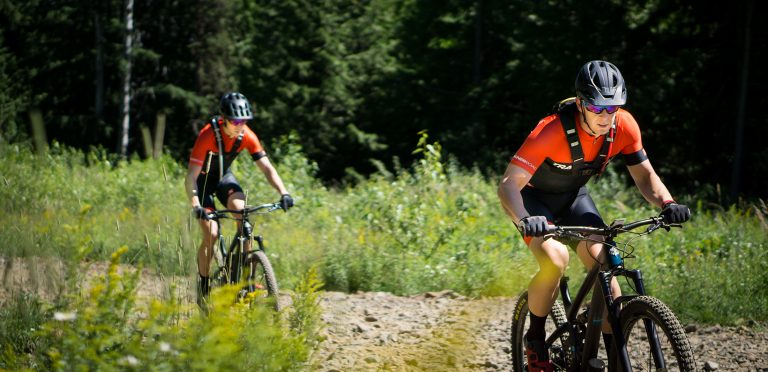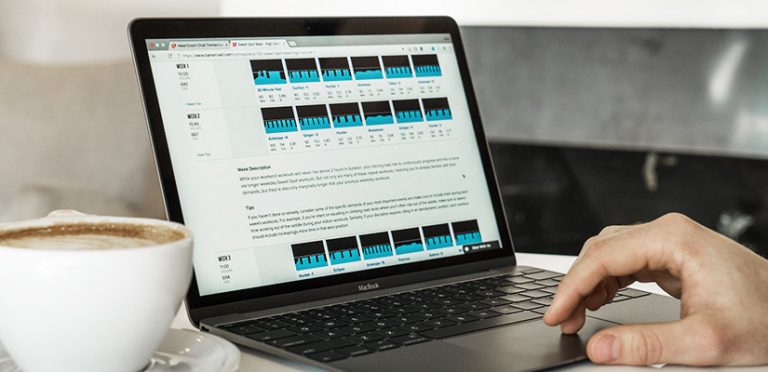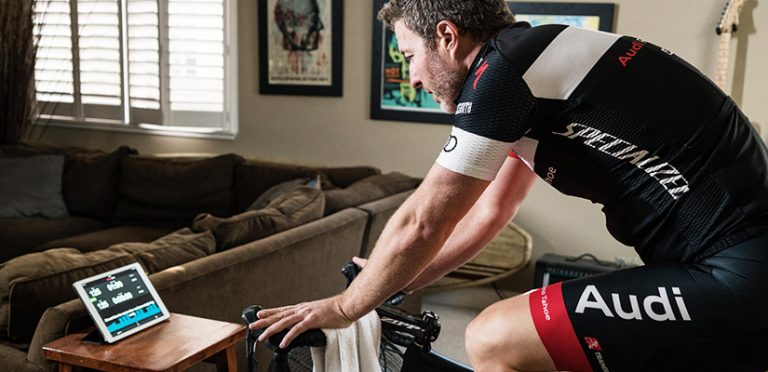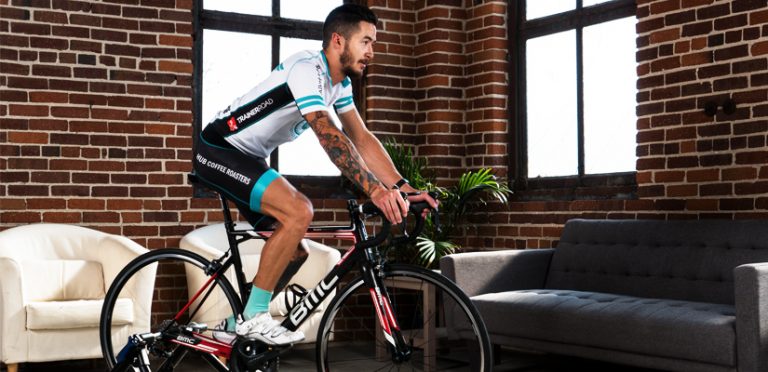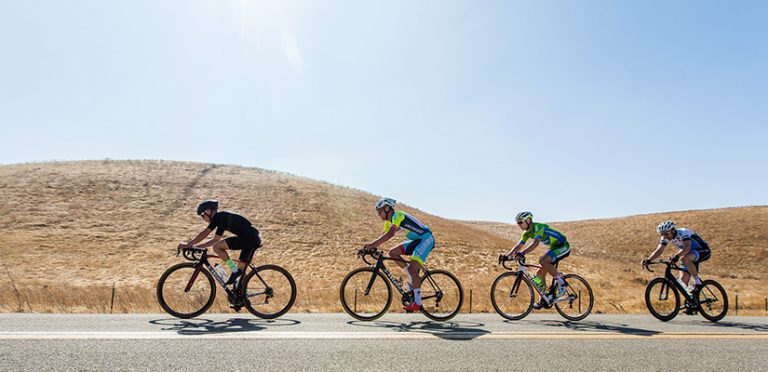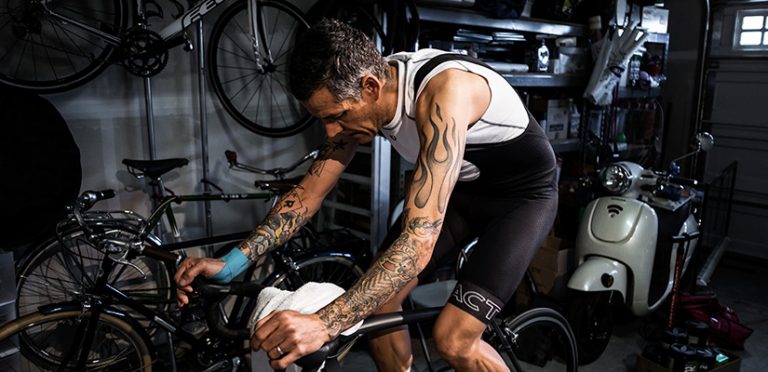Answer: FTP increases and applying different forms of training stress require small planned decreases in TSS to maximize training benefits. Reduce TSS Between Training Phases to Get Faster Within a progressively structured training plan, each new week sees a slight increase in the overall amount of stress (TSS), while each workout sees a similar bump…

